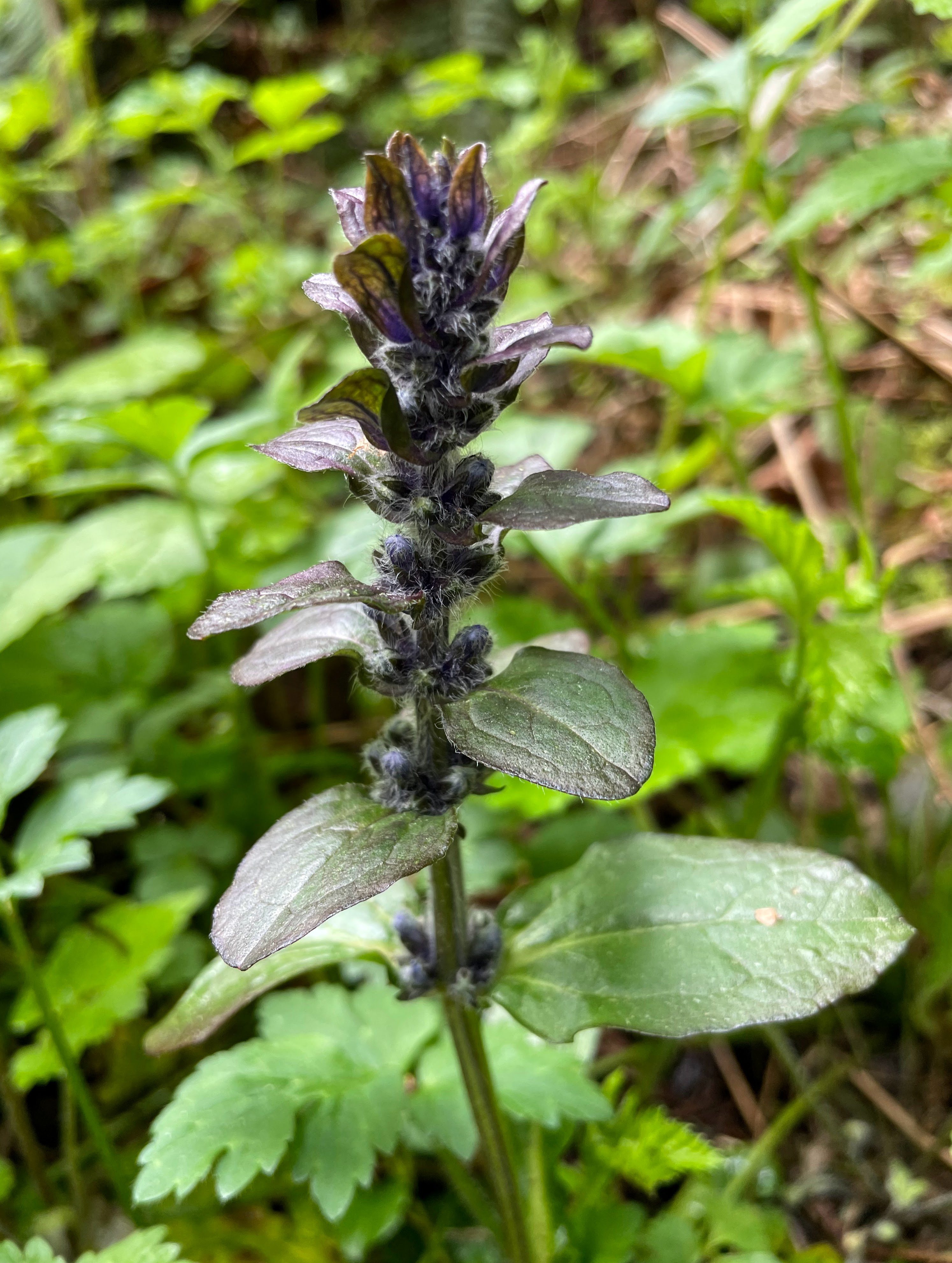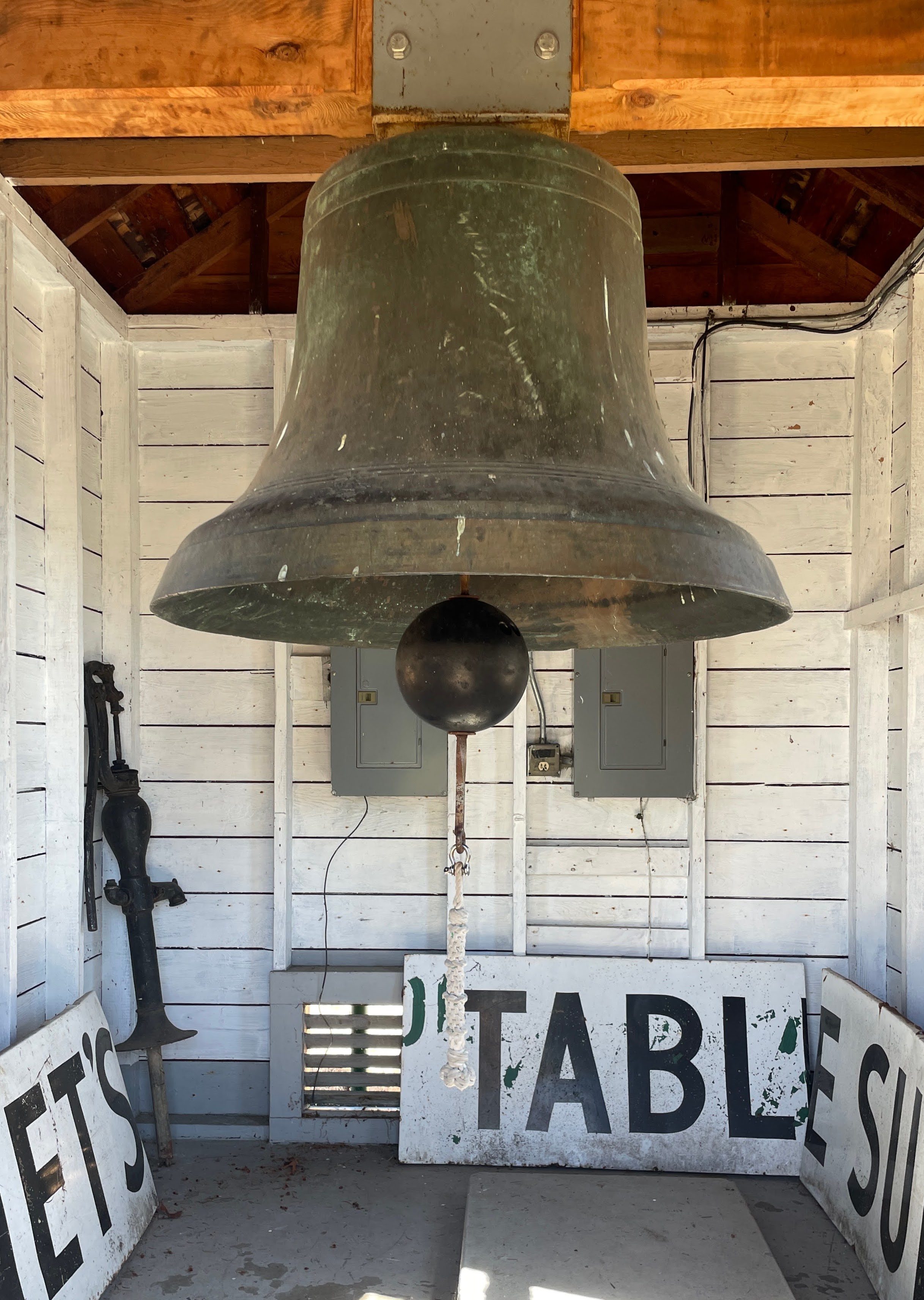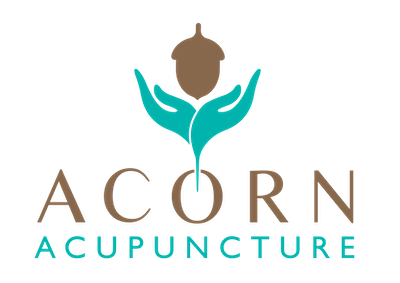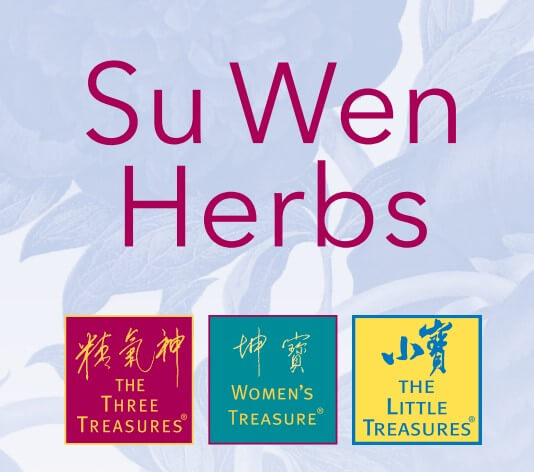Vol. 2 No. 2 (2023): Gathering Evidence

Thank you for reading! This issue contains stellar case reports: a timely account of treating long Covid brain fog with Chinese herbal medicine (CHM) by Ailin Fu and Ying Wang, a tricky case of long-standing insomnia by Tae Ho Kim, a report on acupuncture for chemotherapy-induced peripheral neuropathy by return author Jennifer Taylor, and a two-case series on Bell’s palsy by Tifani Chang, Yun Xiao, and Sabrina Kao.
Each of the above reports shows close attention to detail and accurate data, necessary for building evidence and challenging to do during a busy clinical day.
We are always wondering how to make gathering data fit more seamlessly into the clinical encounter. Several important separate tools to help practitioners gather evidence recently converged and are unveiled in this issue.
The CARE guidelines have been a general treasure for writing case reports to a high standard. Now, an international group led by Brigitte Linder is releasing guidelines specific to CHM case reports based on the work of practitioner focus groups and experts. We’re honored to share the first report from that research: a summary of findings and the resulting checklist.
Also, we are excited to advance our database initiative. Now, individuals who submit their case reports for publication have the option to have their cases included in our database for case report research. This means that your valuable insights and experiences can contribute not only to the journal but also to a growing repository of knowledge. A consent form for database inclusion can be found in our Author Guidelines.
Related to the database, we are so happy to announce a partnership with ACU-Track, a patient outcomes registry designed for acupuncture and traditional Eastern Asian medicine professionals. ACU-Track systematically records patient notes, tracks outcomes, and manages cases online. It can be used with other electronic health records systems while protecting patient privacy. This partnership offers clinicians a powerful means to enhance their practice while adding to evidence on the effectiveness of acupuncture and Eastern Asian medicine.
Our tools for gathering evidence continue to evolve. The contributions of clinicians, students, authors, investigators, readers, and partners shaped the current issue and will shape future issues and practice-based research. We look forward to receiving your contributions, whether in the form of case reports or inclusion in our database.
Thank you for being a part of Convergent Points.
Kathleen Lumiere, Editor














